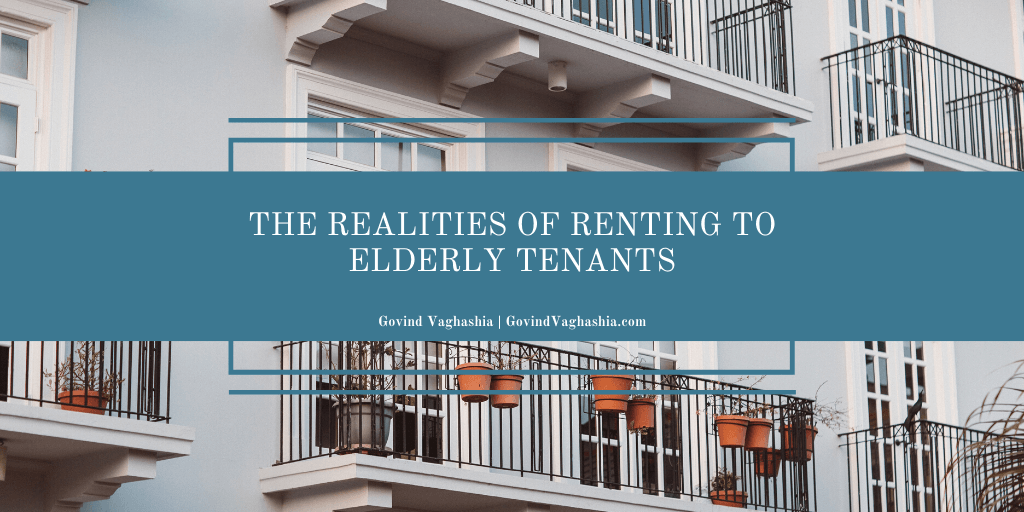Finding good tenants can be a challenge, and renting to elderly folks can be a good solution for many landlords. Though elderly tenants are on fixed incomes, they tend to be steady. Elderly tenants typically receive pensions and social security. This means that they can be less likely to miss payments compared to the average younger tenant. Elderly tenants also tend to be quieter and cleaner than other tenants. There are several factors to consider when renting to older people.
The first thing to consider is that age is a protected class when renting. Landlords can’t discriminate against elderly tenants. They can’t deny an elderly tenant an apartment just because they’re older and more likely to have health issues. However, this doesn’t mean that landlords must show favoritism for elderly tenants. It just means they can’t penalize an applicant for an apartment because they’re older. Another protected class is disabled tenants. Landlords are required to make reasonable accommodations for tenants with disabilities, at their own expense. This could mean installing grab bars in showers or adding a wheelchair ramp to the building.
It’s always good for landlords to be aware of risks and hazards on their properties. Things like poor lighting or trip-and-slip hazards like hoses or power cords left uncovered can create liability. If an incident occurs, the landlord could be held responsible and lose money because of it. For elderly tenants, these kinds of hazards can also cause serious problems. A fall for an older tenant can be disastrous, leading to broken bones and hospitalizations. A risk assessment for any residential property is also prudent in any case. Insurance companies love clients who take steps to limit the probability of accidents happening. It’s wise to take stock of problems on and around properties on an annual basis.
Finally, understand that small gestures can make life easier for your elderly tenants. An example of this is as simple as having the building manager stop by to collect rent checks, instead of expecting the tenant to walk all the way to the office. It’s a good idea to make an effort with older tenants. Avoiding discrimination and being able to show that every reasonable accommodation has been offered is a great way to avoid legal action.

